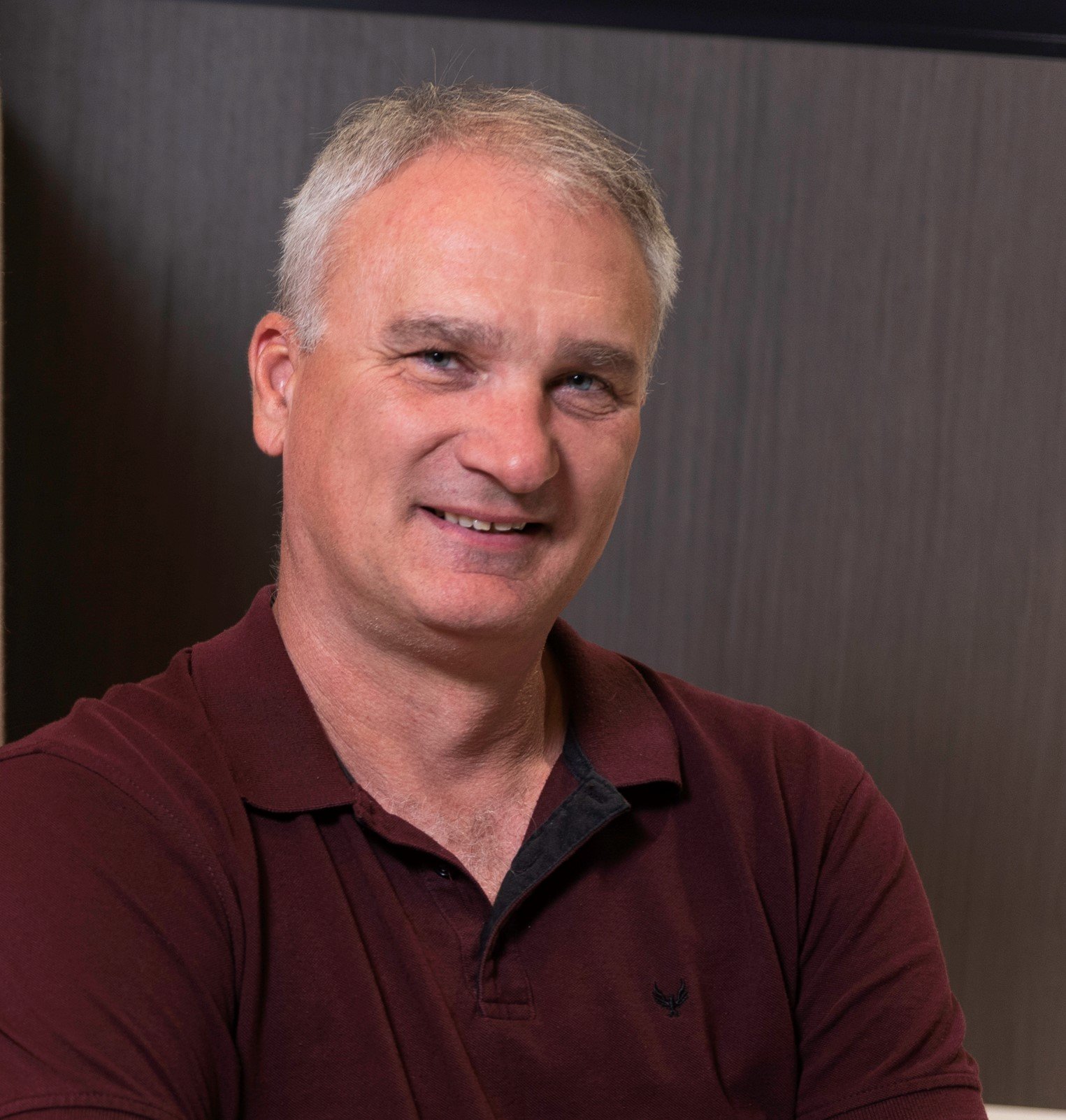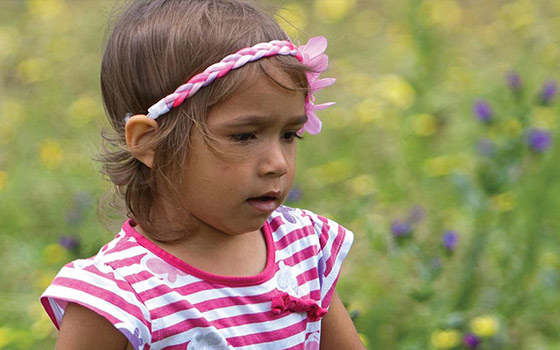The Aboriginal Health and Wellbeing Team follows a holistic definition of Aboriginal Health which means that health is not just the physical wellbeing of an individual but includes the social, emotional and cultural wellbeing of the whole community.
The Aboriginal Health and Wellbeing Team links directly to research teams across the three research focus areas.
It is within the whole community that each individual is able to achieve their full potential as a human being thereby bringing about an improvement in the total wellbeing of their community. This whole-of-life view includes the cyclical concept of life-death-life and that everything is everything and everything is connected.
Beneath this, our team has a commitment to work with the building block of Aboriginal life - family. Where the roles of men and women are key in the growing up of children and young people, as are all family members including Grandparents and Aunties and Uncles and Elders.
The role of Elders is to provide stability and the overarching link across, and within, the family and across other family groups. It is this kinship which gives everyone a place and a relationship to all others and a connection to country. The Elders are a connection between the past and the present and it is through their wisdom and experience that the community takes on the challenges of life.
Our team also recognises that there is an historical backdrop to the relationship between black and white Australia that continues to influence the current and future generations of Aboriginal people.
Today, Aboriginal children and families experience the poorest health and wellbeing of all Australians.
A combination of intergenerational trauma and limitations of past and present health, education and economic policies require a new approach where research can provide both the evidence and means to bring together key stakeholders to resolve complex problems.
The Aboriginal Health and Wellbeing Team led by Glenn Pearson (Head, Aboriginal Health Research), Dr Brad Farrant and Dr Carrington Shepherd, has taken an across-program approach to responding to these complex problems drawing on a broad range of research and methodologies bringing together community, government and researchers.
Team Highlights
- Securing important Category 1 grants in recent years, worth approximately $3m to continue the development of the research program and team.
- Continued development and application of Participatory Action Research methods with Aboriginal stakeholders, including processes that have brought together over 50 Aboriginal Noongar Elders to discuss and guide our early child development initiatives.
- Development and conduct of a series of linked administrative health projects, including those conducted with national and international collaborators.
Team leader

BSc (Hons), PhD
Co-Head, Aboriginal Health and Wellbeing
Team members (15)

Helen Bailey
Honorary Research Associate

Nicole Ilich
Research Officer, Ngulluk Koolunga Ngulluk Koort (Our Children, Our Heart) Project

Akilew Adane
Honorary Research Associate

Uncle Noel Nannup
Elder/Researcher

Uncle Albert McNamara
Elder/Researcher

Aunty Millie Penny (Walley)
Elder/Researcher

Aunty Charmaine Pell
Elder/Researcher

Aunty Doris Hill
Elder/Researcher

Aunty Muriel Bowie
Elder/Researcher

Uncle Allan Kickett Snr
Elder/Researcher

Aunty Oriel Green
Elder/Researcher

Kerry Hunt
Elder/Researcher

Moort Dandjoo Kaadajiny
(Family Together Learning) Project

Ahmi Narkle
Volunteer

Aggie Pigram
Community Research Assistant, Bush Tucker and Vitamin D Project
Featured projects
Ngulluk Koolunga Ngulluk Koort (Our Children, Our Heart) Program
Brings the Aboriginal community(s) of Perth together with service providers & policy makers to improve outcomes for Aboriginal kids and their families.
Bush Tucker and Vitamin D
This five-year project in Western Australia (WA) aims to promote vitamin D sufficiency among Aboriginal people by developing food-based dietary strategies to increase vitamin D intakes and by encouraging safe sun exposure.
Other projects
The Child Mortality Research Program Indigenous young people's resilience and wellbeing Identifying social pathways to enhanced life outcomes in Aboriginal and Torres Strait Islander children An investigation of parental mental health among the Aboriginal population in Western Australia, and its impact on children’s outcomes ‘Defying the odds’: Exploring the impact of perinatal outcomes, maternal social and health outcomes and level of culturally appropriate service availability on the health of Western Australian Aboriginal infants and children KAMS MOU All Aboriginal Health and Wellbeing projects
